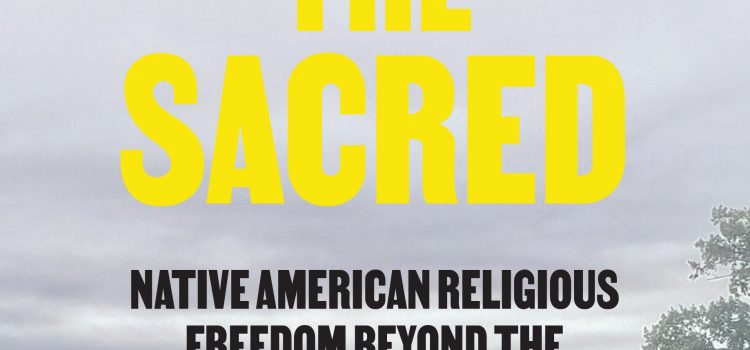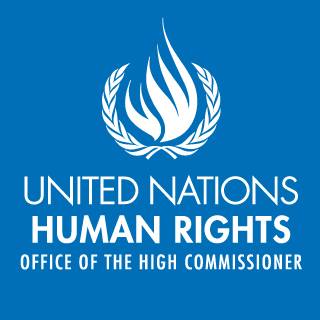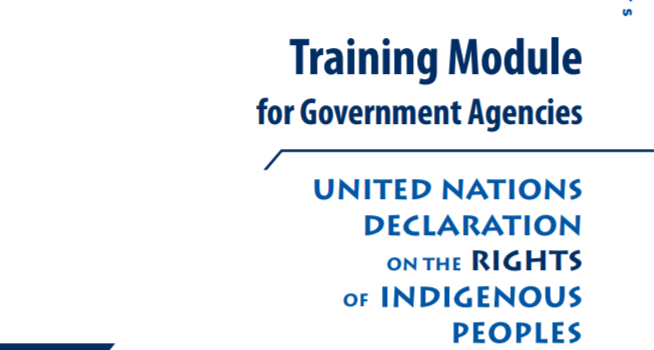Traditional jurisprudence must be a foundation of the current international indigenous rights efforts regarding sacred sites and artifacts, religious practices, and culture. If Indian advocates are unable to articulate what we believe and the nature of the society being destroyed,
Tribal Technology Assessment: The State of Internet Service on Tribal Lands
Access to high-speed Internet service has become an essential component to the nation’s economy, education, and healthcare. However, federal data continues to show tribal lands are the least connected areas of the country. AIPI launched a survey to collect information
The Politics of Inclusion: Indigenous Peoples and U.S. Citizenship
This Article explores the dynamics of U.S. citizenship and indigenous self-determination to see whether, and how, the two concepts are in tension and how they can be reconciled. The Article explores the four historical frames of citizenship for indigenous peoples
Defend the Sacred

Implementation Conference Report Available at the CU Law Review

The Conference Report from the Project’s March 2019 gathering, is now available in the CU Law Review in February 2020 (Volume 91, Issue 2). March 15–16, 2019CONFERENCE REPORT A Call to Action for Inspired Advocacy in Indian Country Table of
UNESCO – Indigenous Peoples
Indigenous peoples live in all regions of the world and own, occupy or use some 22% of global land area. Numbering at least 370-500 million, indigenous peoples represent the greater part of the world’s cultural diversity, and have created and
Ensuring the Rights of Indigenous Children
UN EXPERT MECHANISM ON THE RIGHTS OF INDIGENOUS PEOPLES RELEASES STATEMENT ON COVID-19

COVID-19 yet another challenge for indigenous peoples: Statement by the Expert Mechanism on the Rights of Indigenous Peoples (EMRIP) is available at the UN’s web page on COVID-19 and indigenous people at https://www.un.org/development/desa/indigenouspeoples/covid-19.html From the statement: The spread of COVID
2019 Conference on Implementing the United Nations Declaration on the Rights of Indigenous Peoples in the United States
2019 Conference Agenda and Program 2019 Conference Video – Panels 1 through 5 IMPLEMENTING THE UN DECLARATION ON THE RIGHTS OF INDIGENOUS PEOPLES IN THE UNITED STATESMARCH 15-16, 2019 Panel 1 Current Challenges in Federal Indian Law & the Promise
Training Module for Government Agencies. Facilitator’s Handbook

From the Training Module: … the Training Module seeks to achieve two major immediate objectives: To provide relevant policy information to training participants on indigenous peoples’ rights and issues as contained in UNDRIP, in particular the effective engagement of indigenous
